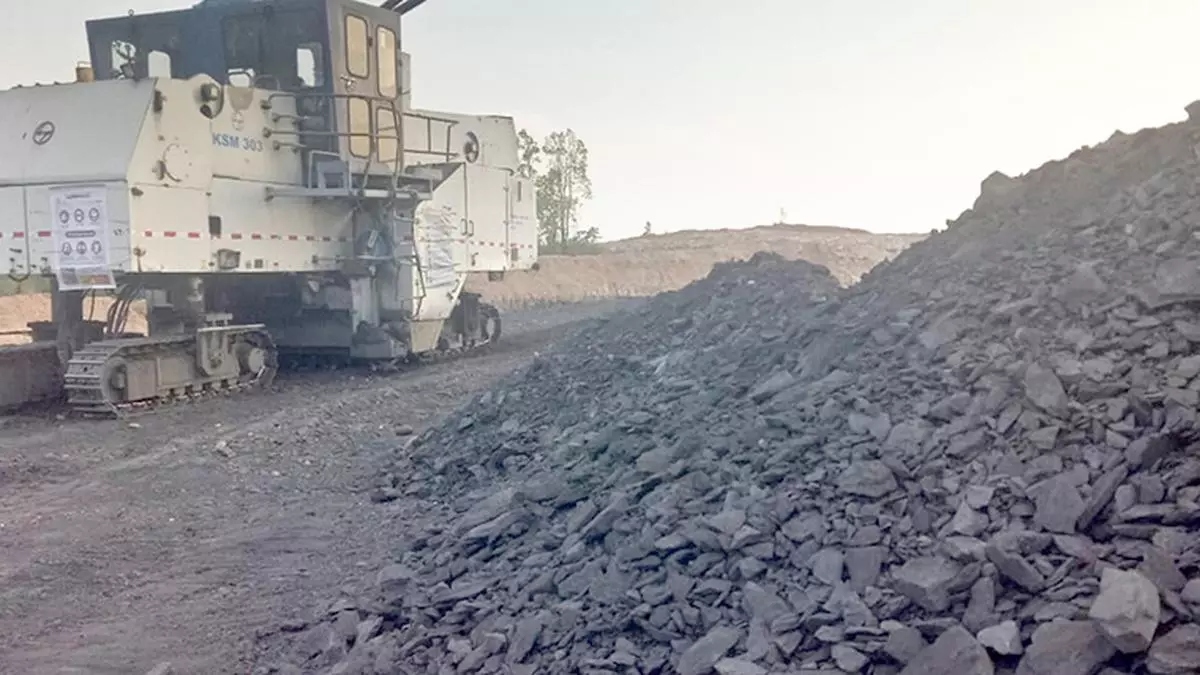India–US Trade Tensions Rise Over Steel and Auto Tariffs NMDC Limited reports a 38% drop in Q4 FY24 consolidated net profit RINL to Raise $23 Million Through Land Sales Amid Crisis

India's steelmakers are requesting government action to limit raw material costs, particularly iron ore and coking coal.
Mills has allegedly urged the government to advocate for a "more realistic" price discovery system after pointing out problems with how foreign players determine the price of coking coal.
Steel producers have demanded intervention and action regarding two important price indexes, Platts and Argus Indexation, which "remain subjective" in determining the price of coking coal. These demands have been made through the Indian Steel Association (ISA), which comprises AM/NS India, JSW, Tata Steel, Jindal Steel & Power, and PSUs like SAIL and RINL.
Import prices are pegged to Platts and Argus Indexation, which seem “subjective”, it mentioned, adding that “without any actual transaction, the index moves up”, the ISA wrote.
It has been argued that the pricing of a substantial quantity of coal is linked to the average monthly index pricing reported by these firms. That means the price for December will be the average monthly price assessed in November, and so on. Further liquidity in the spot market is as low as 4 - 6%, at most 10%, and this small quantity determines the price, especially in India.
Some steel mills claim that the deals between certain coal suppliers and their sister trading companies or trader-to-trader bids and offers with no actual deal are also registered in the index price, thereby impacting the discovery mechanism, including spot prices. In a letter to the Steel Ministry, the ISA said the import prices of coking coal have been very volatile previously, and an increasing trend continues to be a cause of concern.
“This small quantity (available in the spot market) is used for the publishing of Coking Coal Import Price Indexation, which then becomes the basis for 94 – 96% of long-term contract sales,” the ISA wrote in a letter last December, even as it sought intervention that includes options like “initiating a Suo-Moto case under Competition Law”.
Incidentally, Ministry officials say there have been discussions around having India-specific coking coal price indexation that could help determine long-term contract prices. Some market research firms have also expressed willingness to prepare such an index.
Also Read : Prices of iron ore lack conviction despite China stimulus moves Iron ore prices in 2024 will be at $99-100/t